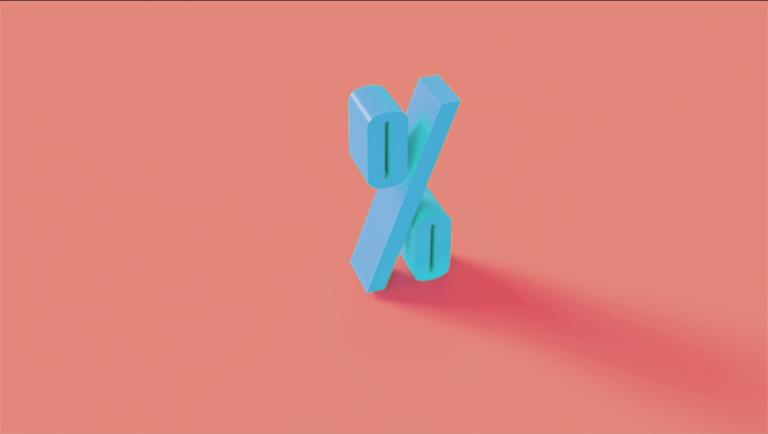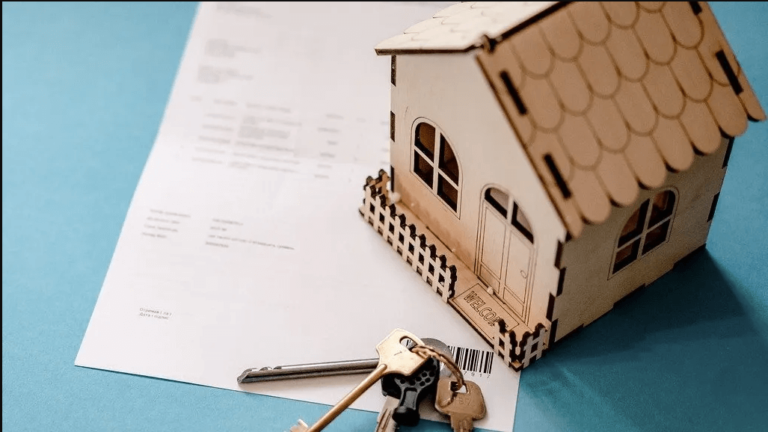Learn All About What is a Conventional Loan?
A conventional loan is a type of mortgage that is not guaranteed or insured by any government agency, such as the Federal Housing Administration (FHA), the Department of Veterans Affairs (VA), or the Rural Housing Service (RHS). Instead, conventional loans are offered and backed by private lenders, including banks, credit unions, and mortgage companies. In this article, we will explore what is a conventional loan are, their advantages, eligibility requirements, and the application process.
How Conventional Loans Differ from Government-Backed Loans
Conventional loans differ from government-backed loans in several key ways. While FHA, VA, and other government-backed loans are insured by the government, conventional loans are not. This means that in the event of a borrower defaulting on their conventional loan, there is no government insurance to protect the lender. As a result, conventional loans typically have stricter credit and eligibility requirements.
Types of Conventional Loans
There are various types of conventional loans available to borrowers. The most common is the conventional fixed-rate mortgage.
Understanding Conventional Fixed-Rate Mortgages
Conventional fixed-rate mortgages are one of the most popular options. These loans offer a fixed interest rate for the entire term of the loan, which is typically 15, 20, or 30 years. This stability in interest rates provides borrowers with predictability in their monthly mortgage payments.
Advantages of Conventional Loans
Conventional loans come with several advantages that make them an attractive option for homebuyers and homeowners looking to refinance.
Lower Interest Rates
Conventional loans often have lower interest rates compared to some government-backed loans. This can result in significant long-term savings for borrowers.
No Upfront Mortgage Insurance
Unlike FHA loans, conventional loans do not require upfront mortgage insurance premiums. This can reduce the closing costs for borrowers.
Flexible Terms
Conventional loans offer various term lengths, allowing borrowers to choose the one that best suits their financial situation and goals.
Eligibility and Requirements for Conventional Loans
To qualify for a conventional loan, borrowers must meet specific eligibility and credit requirements.
Credit Score
Lenders typically require a good credit score to qualify for a conventional loan. A credit score of 620 or higher is generally recommended, although some lenders may require a higher score for competitive interest rates.
Down Payment
Conventional loans usually require a down payment. The standard down payment is around 5% of the home’s purchase price, but a larger down payment can result in better terms and lower interest rates.
Debt-to-Income Ratio
Lenders consider a borrower’s debt-to-income ratio, which should typically be below 43% to qualify for a conventional loan.
The Application Process
The application process for a conventional loan involves several steps. Borrowers can apply through a lender or a mortgage broker.
Underwriting and Appraisal
After applying for a conventional loan, the lender will review the borrower’s credit, financial documents, and the property’s appraisal to determine eligibility and loan terms.
Closing the Conventional Loan
Once the loan is approved, the borrower goes through the closing process, which involves signing the necessary documents and paying closing costs.
Conventional Loan Limits
Conventional loans have limits, which can vary by location. These limits are set by the Federal Housing Finance Agency (FHFA) and can affect the loan amount a borrower can qualify for.
Refinancing with Conventional Loans
Conventional loans can also be used for refinancing existing mortgages. Borrowers can take advantage of lower interest rates or change the terms of their loans through a conventional refinance. Read more…
Conclusion
In conclusion, What is conventional loan that are a versatile option for individuals looking to purchase or refinance a home. They offer competitive interest rates, flexible terms, and the potential for lower upfront costs. However, eligibility requirements can be strict, so it’s essential to have a good credit score and financial stability.
Frequently Asked Questions (FAQs)
- What is the minimum credit score required for a conventional loan?
- The minimum credit score for a conventional loan is typically 620 or higher, but some lenders may require a higher score for better terms.
- Are conventional loans available for investment properties?
- Yes, conventional loans can be used to finance investment properties, but they may have different eligibility requirements.
- How much is the down payment for a conventional loan?
- The standard down payment for a conventional loan is around 5% of the home’s purchase price, but a larger down payment can result in better terms.
- Can I refinance my existing mortgage with a conventional loan?
- Yes, conventional loans can be used for refinancing existing mortgages to take advantage of lower interest rates or change loan terms.
- Are there income limits for conventional loans?
- Unlike some government-backed loans, conventional loans do not have specific income limits, but a borrower’s debt-to-income ratio is considered during the approval process.







